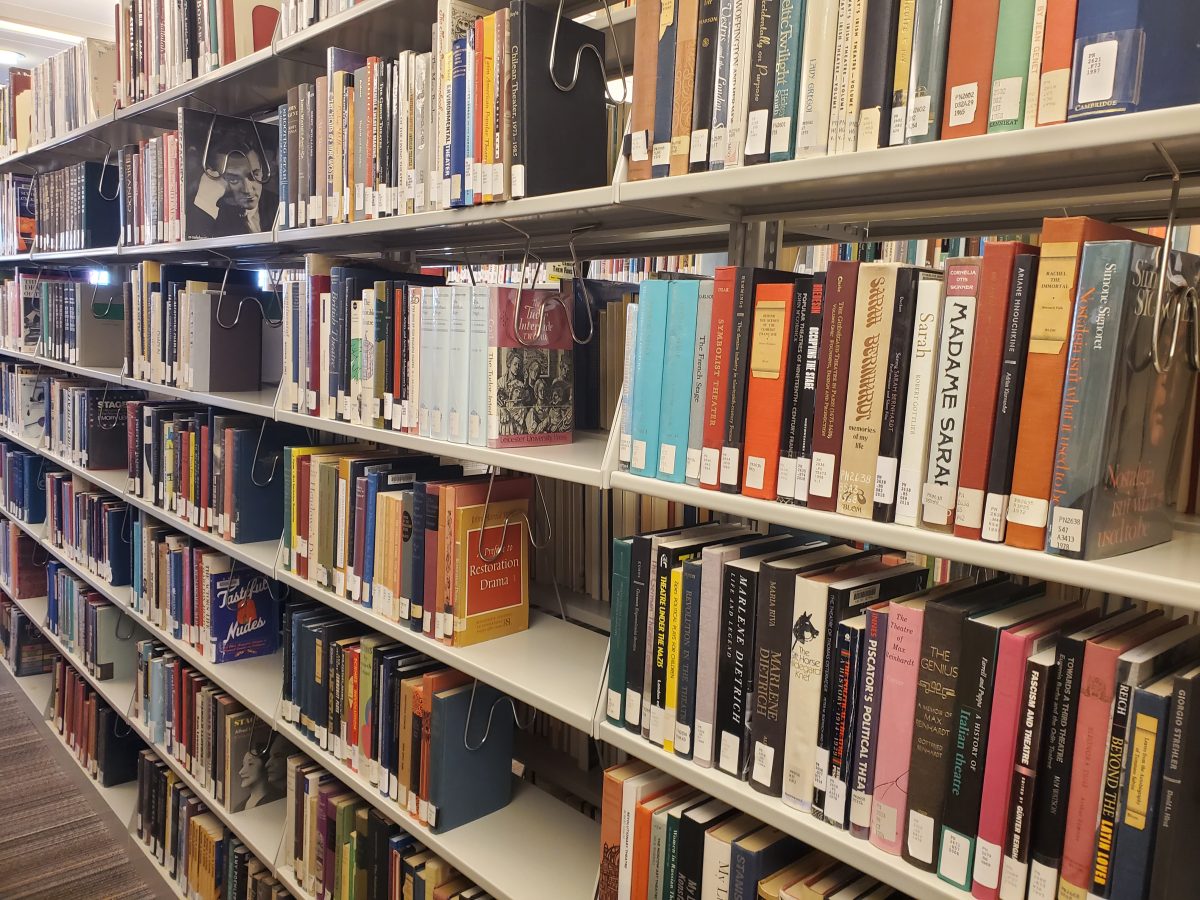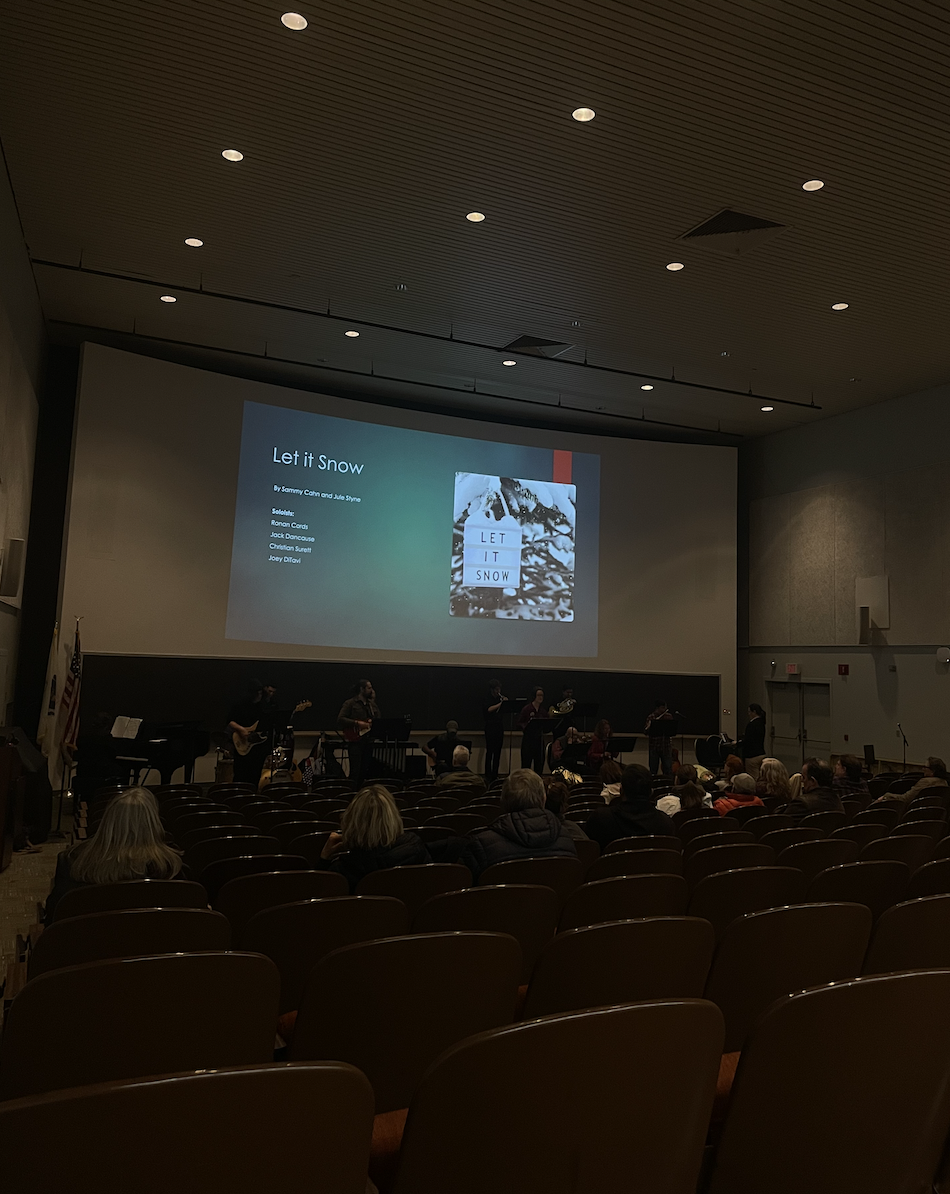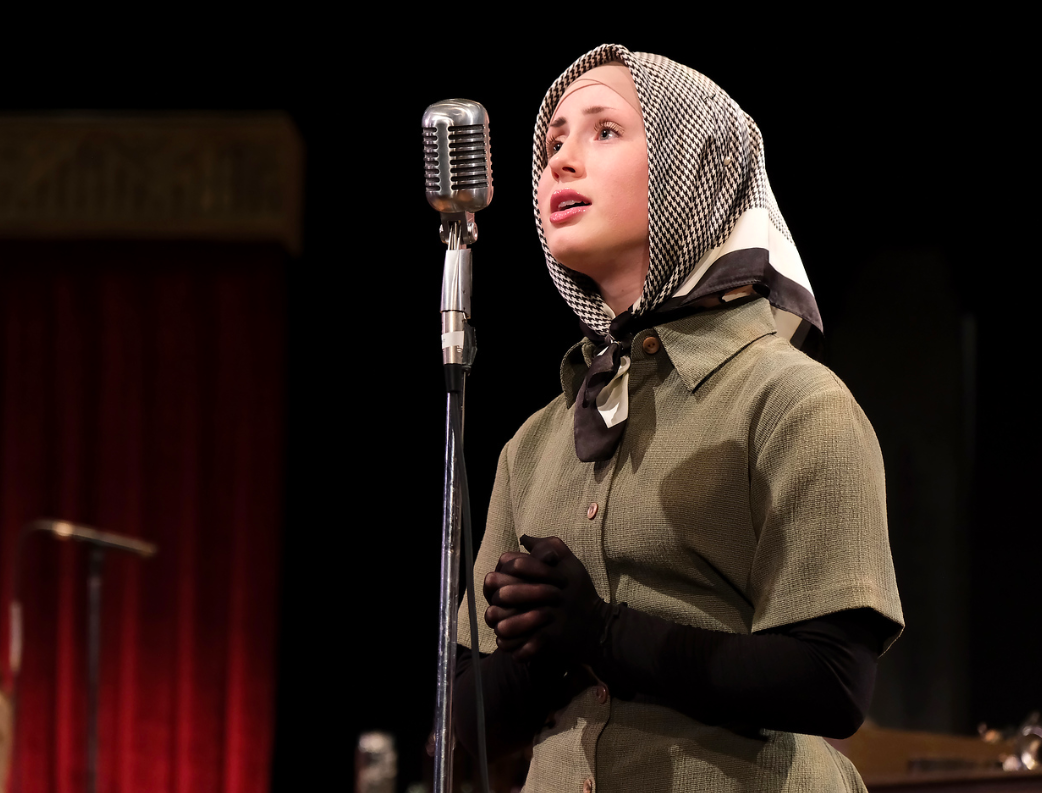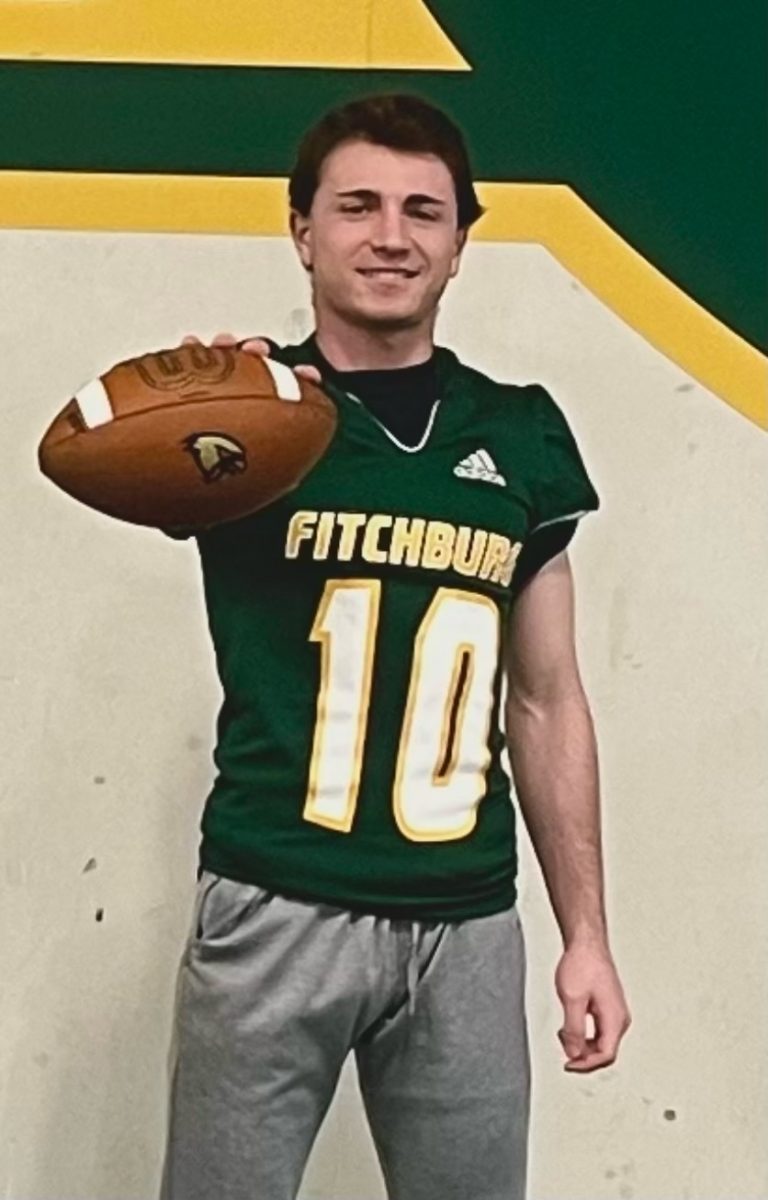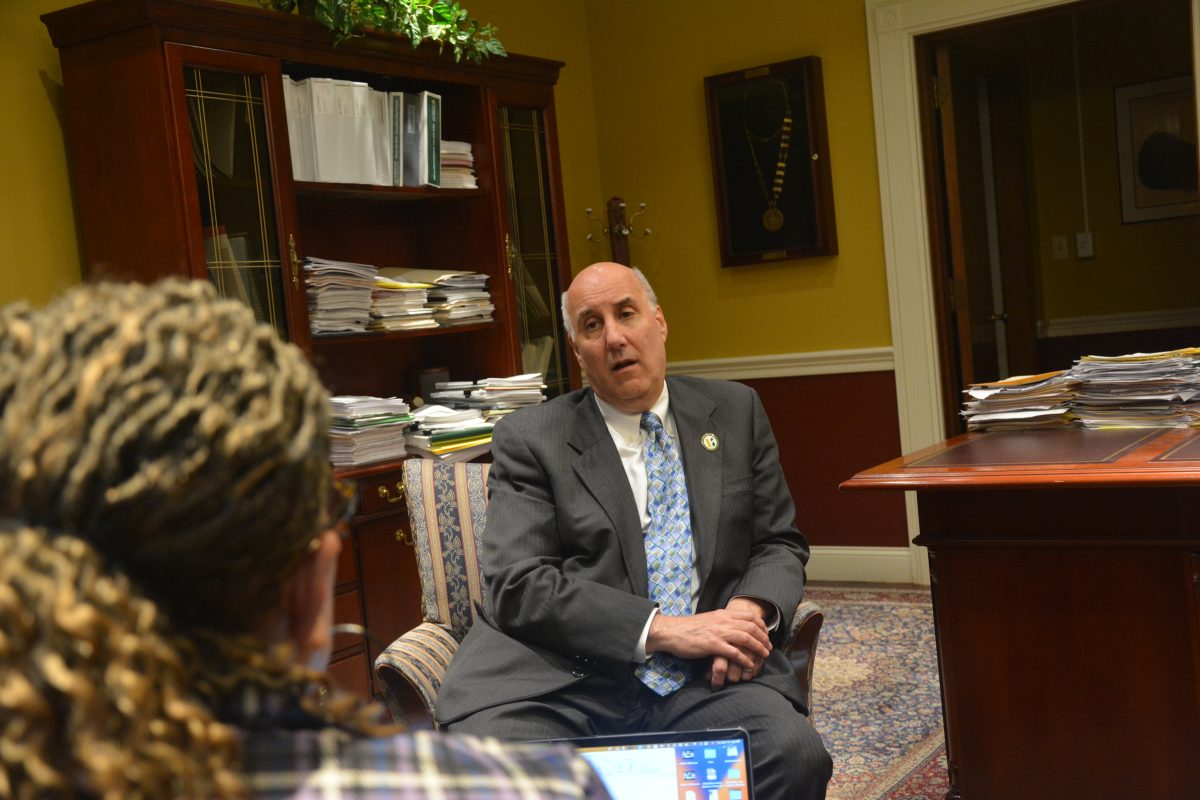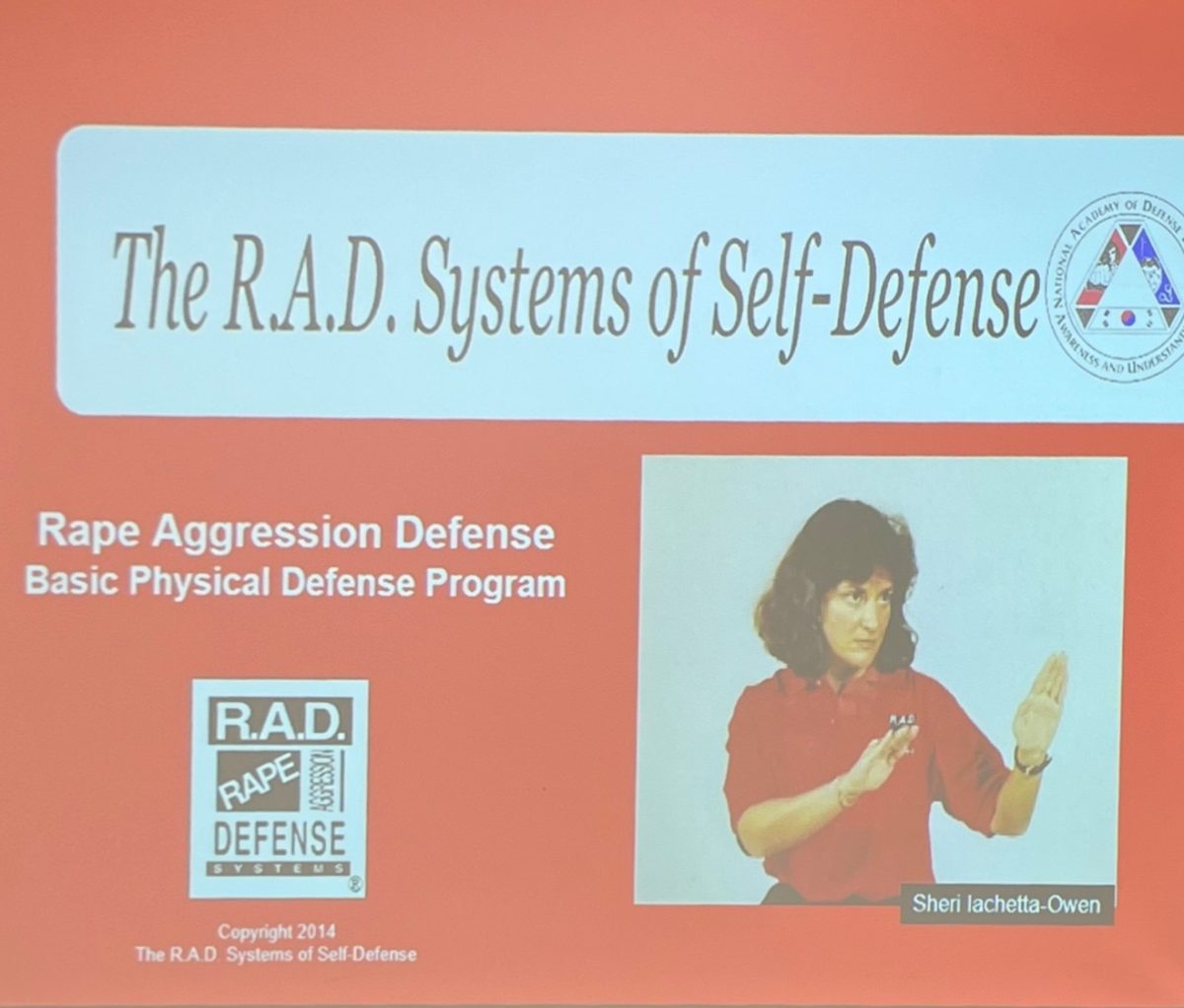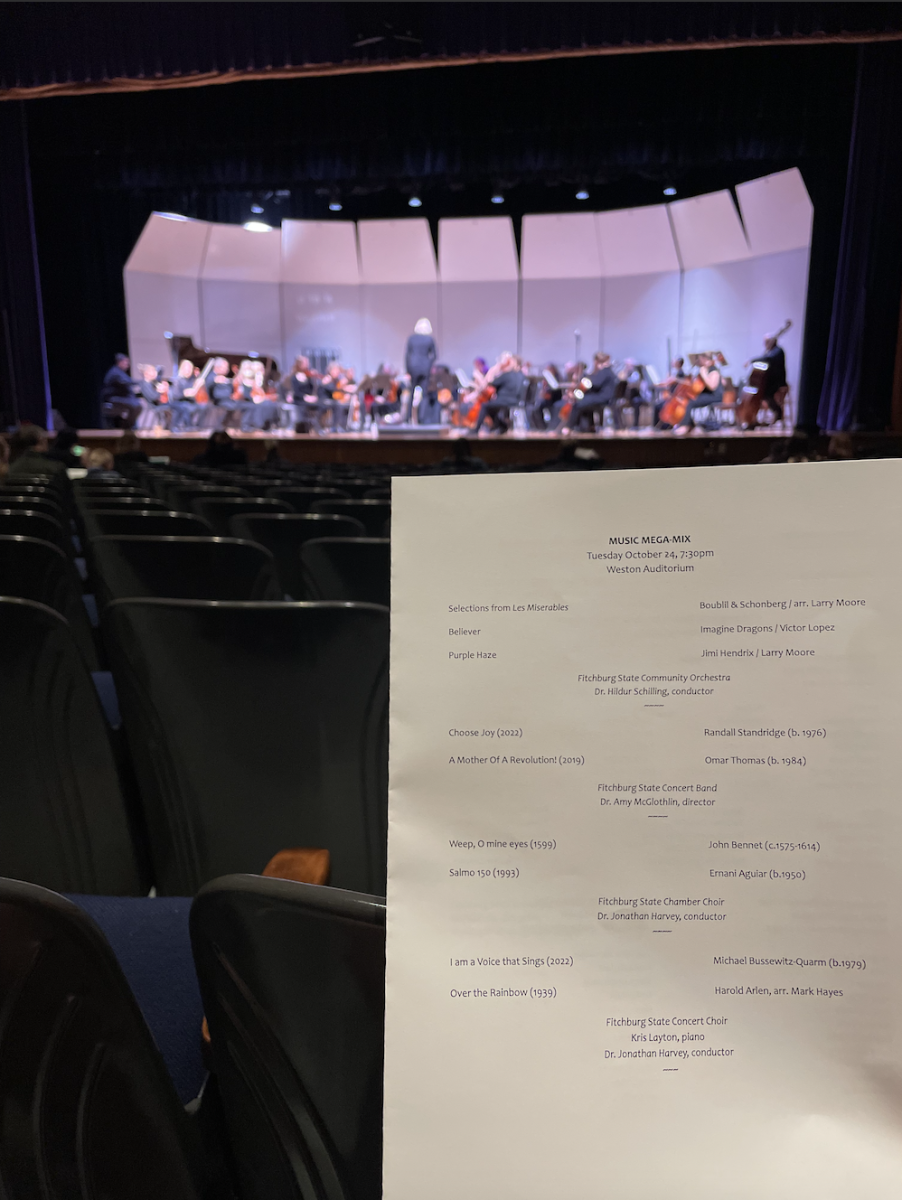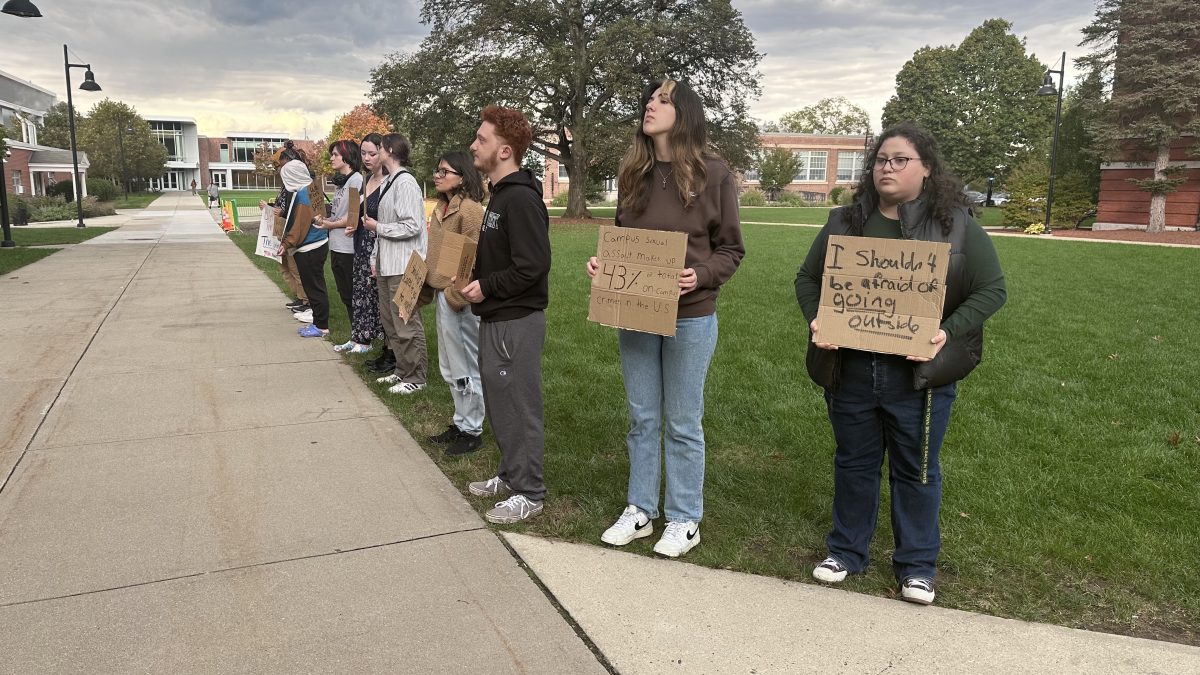This year’s annual Banned Book Week took place October 1 – October 7, which coincides with the beginning of LGBTQ History Month and takes place amidst National Hispanic and Latinx/a/o Heritage Month. The Fitchburg State Library celebrated with a display on the first floor of the Amelia V. Gallucci-Cirio Library which aimed to highlight books that have recently been challenged around the country for their LGBTQ content, as well as a display of books focused on Hispanic and Latino American heritage.
The American Library Association deemed this year’s Banned Book Week theme “Let Freedom Read.” According to the ALA website, they have documented 1,269 attempts to censor library books and resources in 2022. This is the highest number of attempts recorded by the ALA since they began documenting them over twenty years ago. Out of the top thirteen most challenged books of 2022 listed on the ALA website, seven of these titles had LGBTQIA+ related content listed as a reason.
Dr. DeMisty Bellinger-Delfeld who is an English Professor at Fitchburg State University, points out that content related to sexuality is not the only reason that books are challenged and highlighted recent challenges in Florida where “Books on historical racism, genocide, colonialism and slavery are challenged because they make some students feel bad.” The ALA stated that of the 2,571 recorded titles challenged in the past two years, the majority were written by or featured characters who were LGBTQIA+, Black, Indigenous and people of color.
The Amelia V. Gallucci Library also shared content and information relating to Banned Book Week on their social media throughout the week of October 1. According to one of their Instagram posts, Massachusetts saw an increase in book challenges within their public schools and libraries throughout 2022, “with 45 attempts targeting a total of 57 individual book titles.” According to the ALA, “Gender Queer: A Memoir” by Maia Kobabe, was the most challenged book in Massachusetts last year.
According to the ALA over 50 percent of these challenges come from the parents of public school children or library patrons themselves. One of the FSU Library’s Instagram posts from Banned Book Week stated, “While most challenges are initiated by an individual person, in recent years, there has been increasing coordination with political groups to target large lists of titles.” In an infographic, the library shared from the ALA, some of the reasons for book challenges or bans included “Black Lives Matter,” “Glorifying gay marriage,” “Emphasis on social justice” and “Filled with lies.” Some other, less politically fueled, reasons given were “Nudity,” “Rape” and “Graphic Images.”
While Bellinger said she is certain some parents and leaders are sincerely looking to protect children and others with these challenges, she also said “Banning or challenging materials may be more damaging to young people and others if they do not see themselves reflected in literature, or if they learn about certain topics from unchecked sources.” An Instagram post from the FSU library notes that public and school librarians have faced increased threats over book bans. In a 2022 article in The New York Times, it was stated that some librarians “have been labeled pedophiles on social media, called out by local politicians and reported to law enforcement officials.”
The ALA offers several suggestions to fight the censorship of books, including speaking out in your local or online community about book censorship, participating in Banned Book Week events and celebrations, or supporting organizations that aim to fight book censorship. Such organizations include the Freedom to Read Foundation or The Office for Intellectual Freedom, Pen America, The National Education Association, and The American Booksellers Association.
Through its displays of banned books and information, the FSU library offered students an opportunity to learn about the challenges libraries continue to face regarding book censorship. Through its social media posts, the FSU library encourages its students to “Unlock your mind and fly free.” When asked about the implications of banning books, Bellinger responded, “Books are powerful. Books are dangerous for ignorance. Books are lifesaving. Reading and writing can be activism.”


